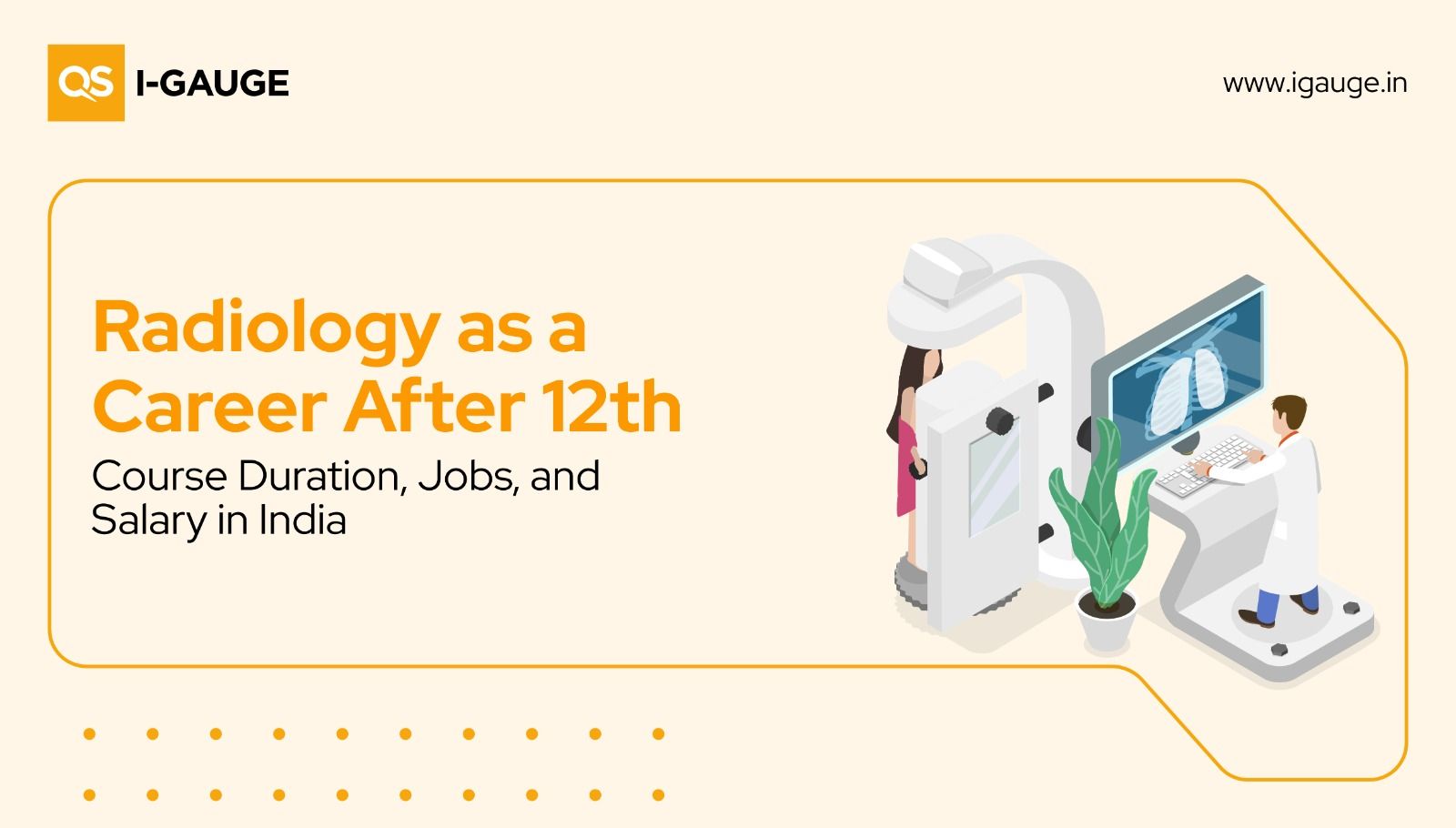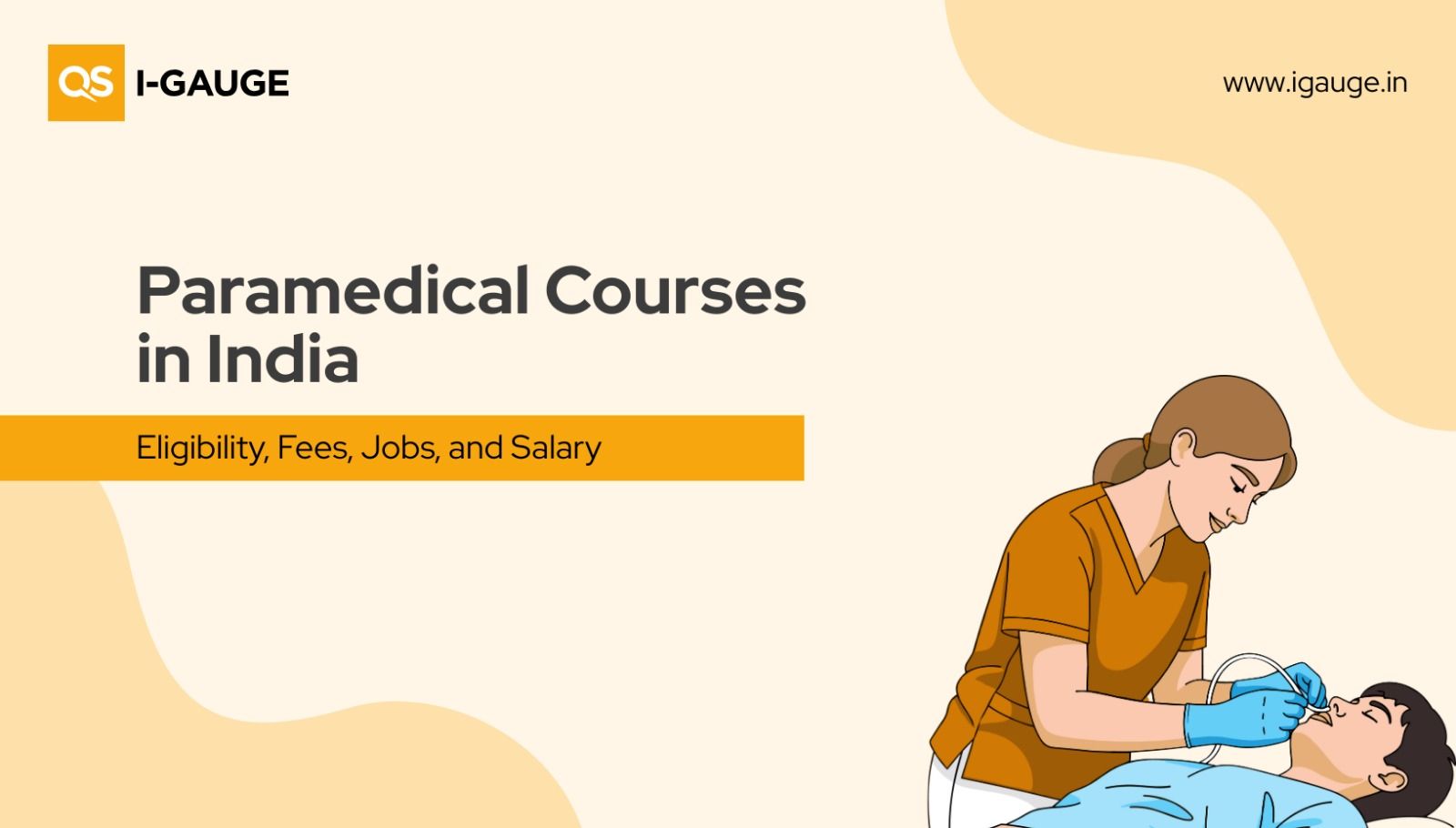
Radiology stands as a vital medical science field that depends on imaging technologies such as X-rays, CT scans, MRI, and ultrasound for disease diagnosis and treatment. Students who wish to work in healthcare should consider radiology as their future career after 12th grade because this field offers various professional options.
Rising demand for radiology professionals in 2025
Radiology has become a sought-after course after 12th grade in India, especially in 2025, due to the growing demand for diagnostic imaging in healthcare. Medical facilities now depend on radiology experts because of the continuous development of medical technology. Students who choose this field can enrol in diploma, undergraduate, or certificate programs to become radiology technologists, MRI/CT scan specialists, or diagnostic imaging experts with stable employment opportunities.
Duration of radiology courses
Students can choose from different levels of radiology education that include certificate and diploma programs and undergraduate degrees, which provide flexible options based on their professional aspirations.
- The typical duration for obtaining a BSc in Radiology or Medical Imaging Technology is three years. The program teaches students about imaging technology, radiographic techniques, patient care, and practical diagnostic tool operation.
- Students can choose between two types of diploma programs, which last from 1 to 2 years and emphasise technical skills in radiography or X-ray technology.
- The following are the courses that are offered in Radiology or Radiography:
- Certificate Courses in Radiology or Radiography: These are short courses that take about 6 to 8 months to complete and are meant for basic skills.
- To become a fully qualified Radiologist (medical doctor specialising in radiology), students must complete an MBBS degree (4.5 years) plus a postgraduate specialisation in Diagnostic Radiology, totalling around 10 to 13 years.
Eligibility criteria
Students must have completed their 12th standard with Physics, Chemistry, and Biology/Mathematics. Generally, a minimum of 50% aggregate marks in the science stream is required for admission to undergraduate programs. The admission requirements for diploma and certificate programs include science prerequisites, although they tend to be less strict than those for bachelor's degrees.
Core subjects in the radiology course:
Comprehensive radiology course curriculum subjects include:
- Anatomy
- Physiology
- Pathology
- Radiological Physics
- Radiographic Positioning and Techniques
- Medical Imaging Modalities (X-ray, CT, MRI, Ultrasound, Nuclear Medicine)
- Radiation Safety and Protection
- Image Processing and Quality Control
- Patient Care and Ethics
- Medical Law and Regulations
- Interventional Radiology
- Organ System-Specific Clinical Radiology (Chest, Cardiovascular, Musculoskeletal, Gastrointestinal, CNS, Obstetrics & Gynaecology, ENT, Endocrine)
- Research Methodology and Evidence-Based Practice
The field of radiology offers multiple roles, including but not limited to:
- Radiologic Technologist / Technician
- X-ray Technician
- MRI Technologist
- Ultrasound Technician
- CT Scan Technologist
- Nuclear Medicine Technologist
- Radiology Nurse
- Cardiovascular Technologist
- Medical Imaging Specialist
Graduates can find employment in hospitals, together with diagnostic centres, clinics, research facilities, and healthcare technology businesses. Specialisation through certifications and advanced degrees enables professionals to advance their careers into positions with increased responsibility and higher compensation.
Expected salary
Radiology professionals earn their compensation based on their job position and their level of experience and qualifications.
- Entry-level radiology technicians can expect salaries ranging from INR 15,000 to INR 25,000 per month.
- The starting salary for new graduates who possess diplomas or certificates falls between INR 3 lakhs and INR 7.5 lakhs per year.
- The salary will rise significantly when you gain experience and obtain higher qualifications.
- Radiologists who have a medical doctor status earn more than several lakhs per year because of their advanced qualifications and specialised medical expertise.
Skills required for radiology courses
The success of radiology requires medical professionals to develop their technical skills as well as their communication skills:
- The person needs to have solid scientific and technical knowledge to operate sophisticated equipment.
- The proper understanding of medical diagnostic pictures.
- The worker needs to stay alert to both details and safety to minimise their contact with radiation.
- Good communication skills for patient interaction and teamwork.
- Problem-solving abilities for troubleshooting equipment and procedures.
Conclusion:
Choosing a career in radiology after 12th presents a promising opportunity at the intersection of healthcare and technology. Students who begin their education with a diploma or degree programs can choose from various career paths because diagnostic medicine technology continues to grow in demand. Radiology provides a fulfilling career path that unites medical knowledge with technological advancements and various professional opportunities for those who decide to work in this field.




